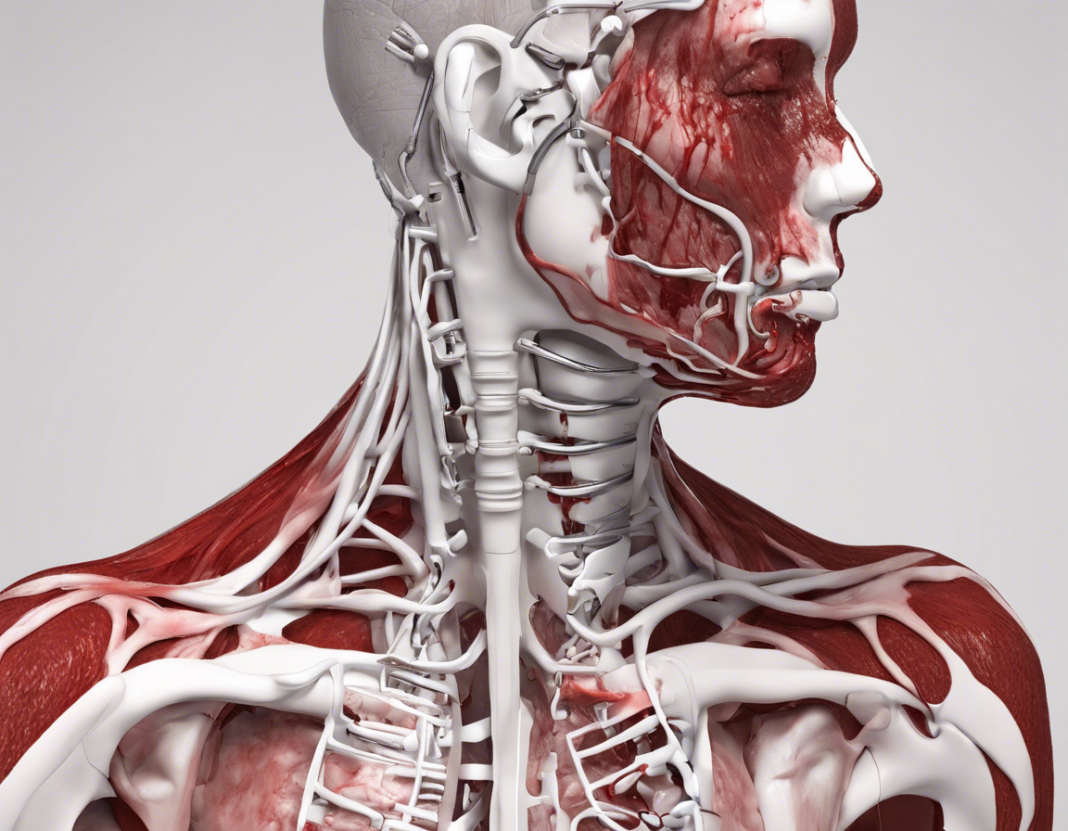Blood is a remarkable and vital fluid that flows through our bodies, carrying out a wide range of functions that are crucial for our survival. Comprising a unique mixture of cells, proteins, nutrients, and other components, blood plays an essential role in maintaining our health and well-being. In this article, we will explore the importance of blood in the human body, its composition, functions, disorders, and ways to keep it healthy.
Functions of Blood:
Blood performs several critical functions in the body, including:
1. Oxygen Transport:
- Red blood cells contain hemoglobin, a protein that binds to oxygen in the lungs and carries it to tissues and organs throughout the body.
2. Nutrient Delivery:
- Blood transports nutrients such as glucose, amino acids, and fatty acids from the digestive system to cells for energy production and growth.
3. Waste Removal:
- Blood carries metabolic waste products like carbon dioxide and urea to the lungs and kidneys for elimination from the body.
4. Temperature Regulation:
- Blood helps regulate body temperature by absorbing and distributing heat throughout the body.
5. Immune Response:
- White blood cells in the blood play a key role in the body’s immune system, helping to fight off infections and diseases.
6. Hormone Transport:
- Blood carries hormones produced by endocrine glands to target organs and tissues, helping to regulate various bodily functions.
Composition of Blood:
Blood is composed of several components, including:
1. Red Blood Cells (Erythrocytes):
- These cells are the most abundant in the blood and are responsible for carrying oxygen to tissues and organs.
2. White Blood Cells (Leukocytes):
- These cells play a crucial role in the immune system, defending the body against infections and diseases.
3. Platelets (Thrombocytes):
- These cell fragments help in blood clotting and wound healing.
4. Plasma:
- The liquid component of blood, composed mainly of water, proteins, electrolytes, hormones, and waste products.
Common Blood Disorders:
Several disorders can affect the blood and its components, including:
1. Anemia:
- A condition characterized by a deficiency of red blood cells or hemoglobin, leading to fatigue, weakness, and pale skin.
2. Leukemia:
- A type of cancer that affects the blood-forming tissues, leading to the overproduction of abnormal white blood cells.
3. Hemophilia:
- A genetic disorder that impairs the blood’s ability to clot properly, leading to excessive bleeding.
4. Thrombocytopenia:
- A condition characterized by a low platelet count, which can result in easy bruising and prolonged bleeding.
Tips for Maintaining Healthy Blood:
Maintaining healthy blood is essential for overall well-being. Here are some tips to keep your blood healthy:
-
Stay Hydrated: Drink an adequate amount of water daily to ensure proper blood volume and circulation.
-
Eat a Balanced Diet: Include iron-rich foods, leafy greens, lean proteins, and vitamin C in your diet to support healthy blood cell production.
-
Exercise Regularly: Physical activity helps improve blood circulation and overall cardiovascular health.
-
Avoid Smoking and Excessive Alcohol Consumption: These habits can negatively impact blood vessels and increase the risk of blood-related disorders.
-
Manage Stress: Chronic stress can affect blood pressure and contribute to various health issues. Practice relaxation techniques like meditation or yoga.
-
Get Regular Check-ups: Monitor your blood pressure, cholesterol levels, and blood sugar regularly to catch any potential issues early.
Frequently Asked Questions (FAQs):
1. Can you donate blood if you have a chronic illness?
- It depends on the type of chronic illness you have. Some conditions may disqualify you from donating blood, while others may not. It’s best to consult with a healthcare provider or blood donation center for guidance.
2. What is the difference between whole blood and blood components?
- Whole blood refers to the mixture of all blood components (red blood cells, white blood cells, platelets, plasma) in one donation, while blood components are specific parts of blood that can be separated through a process called apheresis.
3. How often can a person donate blood?
- In most countries, individuals can donate whole blood every 8 to 12 weeks, while specific components like platelets or plasma may have different donation intervals.
4. Is it safe to exercise after donating blood?
- It’s generally recommended to avoid vigorous exercise or heavy lifting for the rest of the day after donating blood. Mild to moderate activities are usually safe.
5. Can blood type affect your health or diet?
- While blood type may not directly impact health or diet requirements, some studies suggest that individuals with certain blood types may be more prone to certain conditions or benefit from specific dietary patterns.
In conclusion, blood is a remarkable fluid that plays a crucial role in maintaining our overall health and well-being. By understanding its functions, composition, disorders, and ways to keep it healthy, we can appreciate the vital importance of blood in the human body. Prioritizing good blood health through lifestyle choices and regular monitoring can help promote a longer and healthier life.

